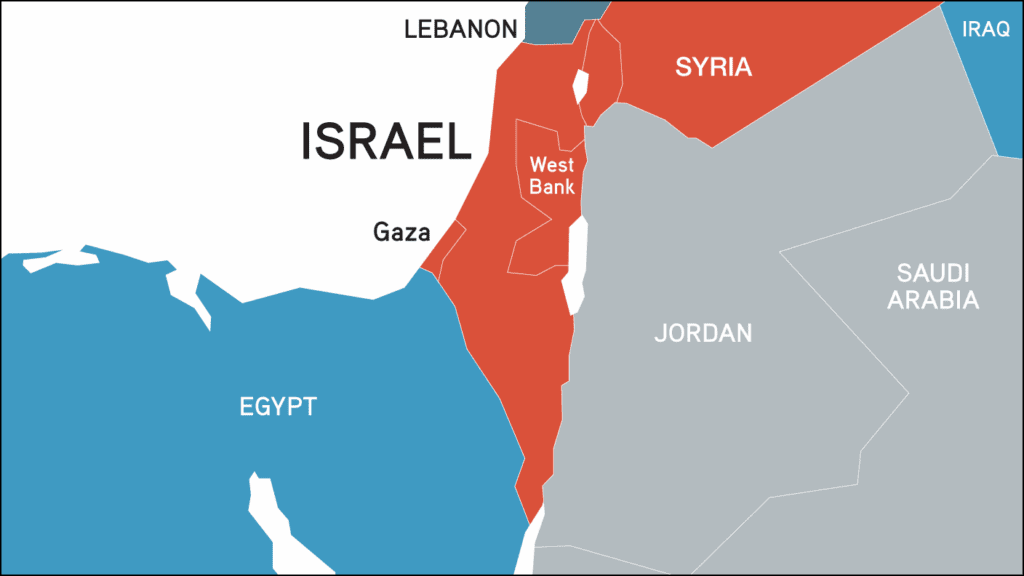Israel Faces Internal and International Pressures Amid Gaza Ceasefire
Politics
2025-10-16 12:33:13
👁️ 5 views

As of October 2025, Israel's government is grappling with significant internal political tensions and mounting international pressure following the recent Gaza ceasefire agreement. The fragile truce, brokered by former U.S. President Donald Trump, has exposed deep divisions within Israel's political landscape and raised questions about the country's future direction.
Internal Political Divisions and Public Discontent
Prime Minister Benjamin Netanyahu's administration is facing unprecedented challenges. The ceasefire agreement, which includes a partial Israeli withdrawal from Gaza and the release of hostages, has been met with mixed reactions domestically. While some view the deal as a necessary step toward peace, others criticize it as a capitulation to Hamas. This divide has led to widespread protests, with tens of thousands of Israelis taking to the streets in cities like Tel Aviv and Jerusalem. Demonstrators demand accountability for the government's handling of the conflict and express concerns over the terms of the ceasefire.
Within Netanyahu's coalition, hardline factions are pushing for a more aggressive stance, advocating for the complete dismantling of Hamas and the re-establishment of Israeli settlements in Gaza. These calls have intensified following reports of Hamas's violent reassertion of control in Gaza, including public executions of alleged collaborators. In response, Netanyahu has faced criticism for perceived indecisiveness and for prioritizing political survival over national security.
International Reactions and Diplomatic Strains
The international community is closely monitoring Israel's actions post-ceasefire. The United States, under President Donald Trump's leadership, has played a pivotal role in mediating the agreement. However, tensions have surfaced due to Israel's unilateral military actions, such as the bombing of Doha in September 2025, which were conducted without prior consultation with the U.S. This incident strained relations and led to calls for greater accountability from Israel.
Furthermore, Israel's handling of humanitarian aid to Gaza has drawn criticism. The United Nations and various human rights organizations have condemned the restrictions on aid, citing the exacerbation of the humanitarian crisis in Gaza. These actions have led to a reevaluation of Israel's standing among its allies and have prompted discussions about the future of its foreign relations.
Economic Considerations and Military Strategy
Economically, Israel faces challenges as it navigates the post-ceasefire landscape. The Bank of Israel has opted for a cautious approach regarding interest rates, despite signs of economic recovery. Deputy Governor Andrew Abir emphasized the need to balance inflation control with economic growth, indicating that the central bank will proceed carefully with future monetary decisions.
Militarily, Israel continues to monitor developments in Gaza closely. The establishment of the Morag Corridor, a security zone in southern Gaza, remains a strategic priority. This corridor aims to create a buffer between Israeli forces and Hamas-controlled areas, facilitating the safe return of hostages and the implementation of the ceasefire terms.
Looking Ahead: Prospects for Stability
The path forward for Israel involves navigating a complex web of internal divisions, external pressures, and strategic considerations. The government's ability to unify its political factions, maintain strong diplomatic relations, and ensure the effective implementation of the ceasefire will be crucial in determining the country's future stability. As the situation in Gaza continues to evolve, Israel's leadership faces the daunting task of balancing security concerns with the aspirations of its citizens and the expectations of the international community.
